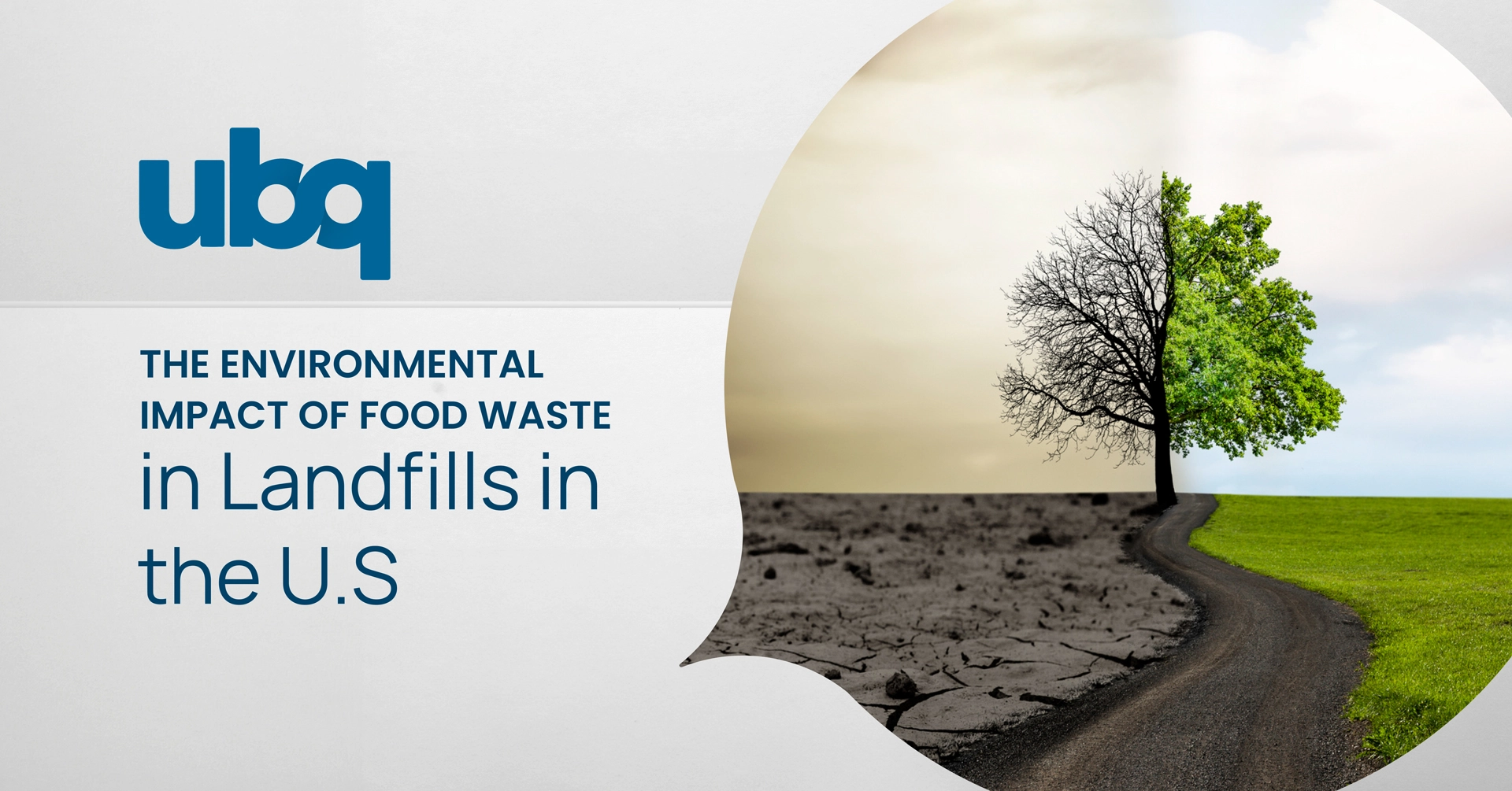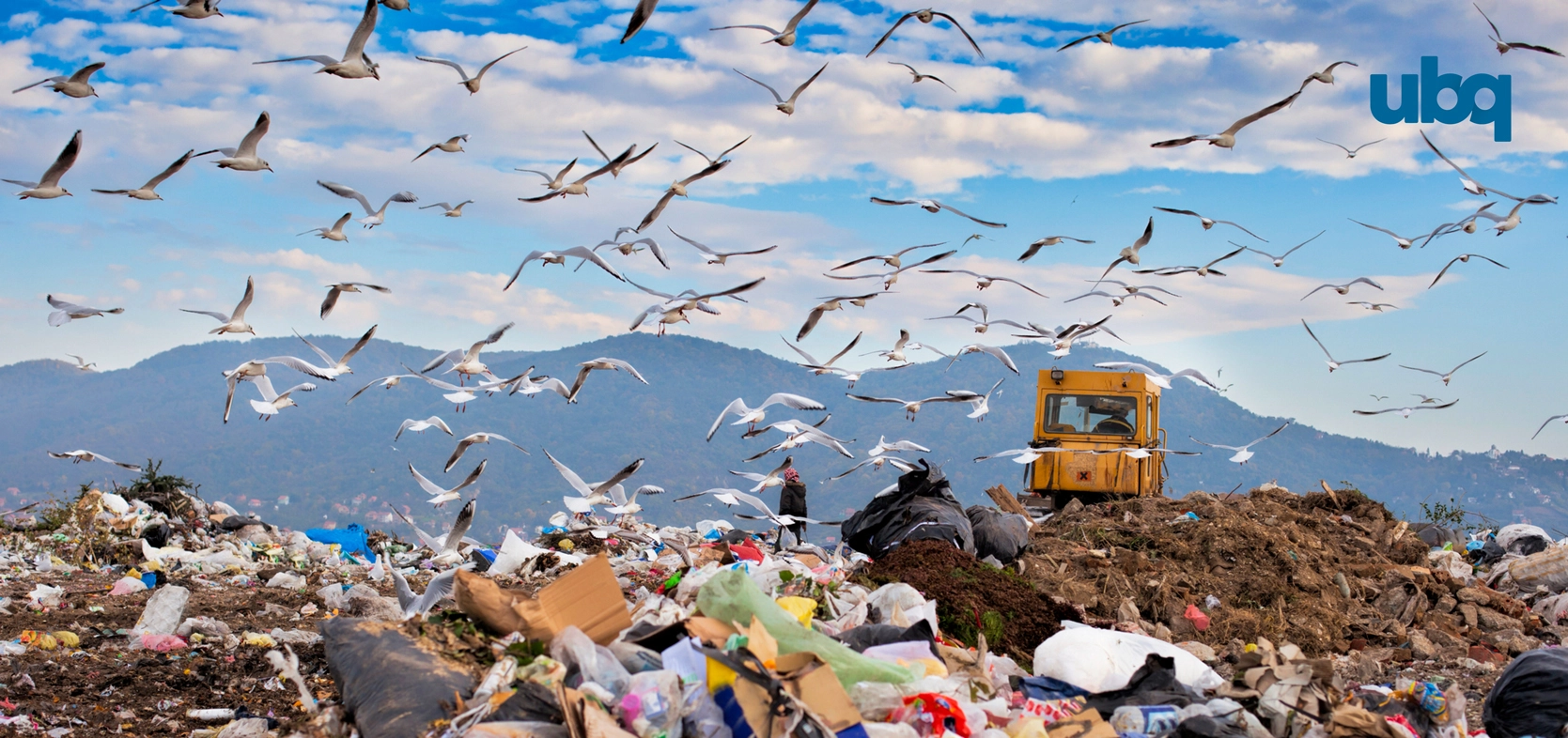- Negative Impact On The Environment, Economy and Society: Addressing food waste requires a comprehensive approach, including improving food production and distribution efficiency, educating consumers about responsible consumption, and implementing better waste management practices. Solutions range from technological food preservation and waste processing innovations to policy measures and public awareness campaigns.
- Climate Change Impact: Food waste contributes significantly to global greenhouse gas emissions, making it a major environmental concern.
- Environmental Degradation: The production and disposal of wasted food lead to land degradation, biodiversity loss, and water quality deterioration.
- Waste Management Solutions: Effective waste management solutions should align with the waste hierarchy, a framework that prioritizes waste prevention and management strategies to minimize environmental impact. Implementing strategies such as reducing excess food production and exploring innovative waste management alternatives that divert food waste from landfills or incinerators are crucial in addressing the environmental impacts of food waste.
What Is Food Waste?
The issue of food waste is not just a matter of discarding leftovers or expired items; it is a significant global problem with profound implications. According to the World Waste Index Report 2024 produced by the UN Environment Programme, in 2022 the world wasted 1.05 billion tonnes of food. This amounts to 19% of food available to consumers being wasted at the retail, food service, and household level. Astonishingly, households were responsible for 631 million tonnes, equivalent to 60% of the total food wasted.
Eurostat 2023 reported that European Union households generate more than half of the total waste (54%) in the EU with 70% of food waste arising at household, food service and retail. Meanwhile, in the United States, Feeding America estimates that people waste 92 billion pounds of food annually, or 38% of all the food in America.
By throwing away your leftover food, you indirectly contribute to hunger, greenhouse gas emissions, soil contamination, and biodiversity loss.
The Impact of Food Waste on Climate Change
Food waste is intricately linked to climate change. The entire process of food production – from cultivation to disposal – has a substantial environmental footprint. Each stage in the food life cycle contributes to greenhouse gas emissions, which are instrumental in trapping heat from the sun and exacerbating climate change. According to the United Nations, around a third of all human-caused greenhouse gas emissions are related to food.
The largest proportion of these emissions originates from agriculture and land use. This includes methane released during the digestive processes of cattle, nitrous oxide from fertilizers used in crop production, and carbon dioxide emissions resulting from deforestation to expand farmland. Additional emissions stem from manure management, rice cultivation, burning of crop residues, and fuel usage on farms.
As per the United Nations, a smaller yet significant portion of greenhouse gas emissions related to food comes from the refrigeration and transport of food, industrial processes such as the production of paper and aluminum for packaging, and the management of food waste.
The Scope of Food Waste in Landfills
The presence of food waste in landfills has a notable impact on the environment, particularly in terms of greenhouse gas emissions. Key findings from the U.S. Environmental Protection Agency (EPA) highlight the significant role food waste plays in contributing to methane emissions.
Municipal solid waste (MSW) landfills are identified as the third-largest source of methane emissions in the U.S. This is significant, as methane is a potent greenhouse gas with substantial impact on climate change. Although food waste comprises only 24% of MSW landfills, it is responsible for a staggering 58% of the methane emissions from these landfills.
Limited Capture of Methane and Rapid Decomposition
Processing requirements for landfill gas extraction vary depending on the gas composition and the intended use, typically involving a series of chemical reactions or filters to remove impurities. Landfills are built from cells, with each cell differing in size, which affects the time it takes to cover the cell and collect the gas. As a result, methane emissions can vary significantly depending on the size and management of each cell, particularly since food waste degradation occurs primarily in the first few years after disposal.
The most effective approach to reducing methane emissions from municipal solid waste (MSW) landfills is to prevent food waste from ever reaching them. This method has a greater impact than attempting to enhance the efficiency of gas collection systems in existing landfills.
Essentially, managing food waste before it enters landfills is crucial for environmental sustainability. Current trends, as highlighted by the U.S. EPA, underscore the urgent need to prioritize prevention strategies to minimize the ecological footprint of food waste. This involves not only reducing the generation of food waste but also finding more efficient ways to manage it outside of landfill environments.
Environmental Consequences of Food Waste
The environmental consequences of food waste are significant and multifaceted, impacting various aspects of our planet’s health and sustainability. Here are some key points:
- Waste of Natural Resources: Food production consumes a large amount of natural resources, notably water. Agriculture accounts for 70% of global water usage, and a quarter of this water ends up being wasted due to uneaten food. In addition, the production of meat, which is often thrown out the most, requires an even greater supply of water.
- Contribution to Climate Change: When food is wasted, the greenhouse gases emitted during its production, processing, and transportation are effectively emitted for no purpose. Food waste in landfills generates methane. On a 100-year timescale, methane has 28 times greater global warming potential than carbon dioxide and is 84 times more potent on a 20-year timescale, contributing to global warming. World Wildlife Fund found that greenhouse gas emissions from food waste are equivalent to those of 42 coal-fired power plants. And, according to the UN Environment Programme, if food waste were a country, it would be the third-largest emitter of greenhouse gases, following the US and China.
- Degradation of Land: The land used for producing wasted food, and the land used for dumping it, both contribute to environmental degradation. Agriculture uses 11.5 million hectares globally, with non-arable land for livestock also being significant. Converting arable land to pastures causes degradation and loss of natural habitats, impacting biodiversity.
- Harm to Biodiversity: Agricultural practices, such as mono-cropping and land conversion, harm biodiversity. This includes deforestation and the destruction of natural flora and fauna, potentially leading to extinction in some cases.
- Food Waste Management Pathways: The U.S. Environmental Protection Agency’s (EPA) report “From Field to Bin” highlights that over one-third of food in the U.S. is never eaten, leading to significant methane emissions from landfills. The report emphasizes the importance of food waste prevention and recycling, and presents a new ranking of common wasted food pathways, from most to least environmentally preferable.
- Global Perspective: Globally, the 923 million tonnes of food being wasted each year would fill 23 million 40-tonne trucks. Bumper-to-bumper, enough to circle the Earth seven times. This waste not only contributes significantly to greenhouse gas emissions but also represents a missed opportunity to address global hunger and malnutrition. On average, each person wastes 79 kilogrammes of food annually. This is the equivalent of 1.3 meals every day for everyone in the world impacted by hunger.
In summary, the environmental impact of food waste is profound, contributing to climate change, water and land wastage, biodiversity loss, and inefficient use of resources. Reducing food waste is therefore crucial for environmental conservation and sustainable development.
Contribution to Climate Change
Food production and waste adversely affect soil and water quality. Intensive agricultural practices needed to keep up with consumer demands lead to the erosion of land, deforestation, and the use of large quantities of inorganic fertilizers and synthetic chemicals. These practices can degrade soil fertility, accelerate soil property degradation, and deteriorate water quality.
The economic cost of food waste is substantial. In the U.S., the production of lost or wasted food generates the equivalent greenhouse gas emissions of 32.6 million cars while Eurostat 2023 found that in the EU over 58 million tonnes of food waste are generated annually with an associated market value estimated at 132 billion euros. Preventing food waste can lead to substantial cost savings and reduce the environmental impacts associated with food production.
Strategies for Reducing Food Waste
Effective strategies to reduce food waste include balancing food production with demand, improving storage and transportation to reduce spoilage, and changing consumer behavior to reduce over-purchasing and over-preparation of food.
Also, composting and recycling organic waste can help mitigate climate change by transforming food waste into valuable soil amendments and reducing methane emissions from landfills.
Innovations in Food Waste Management
Innovations in food waste management involve developing new technologies and systems for food waste reduction, recovery, and recycling. These include smart packaging, improved food storage solutions, and efficient waste collection and processing methods.
Through its unique UBQ patented technology, municipal waste leftovers sent to landfills and incinerators, can be processed and converted into a thermoplastic that can be used to replace plastics in many applications.
UBQ breaks the organic waste into its basic building blocks, including fibers, cellulose, lignin, collages, and sugars and binds them with the inorganic materials, reconstructing them into a new bio-based matrix, UBQ™, that replaces oil-based resins.
In conclusion, the issue of food loss and waste presents a complex challenge with far-reaching implications for our planet’s climate, resources, and ecosystems. Efforts to combat food waste can have a transformative impact on achieving environmental sustainability, reducing the burden on our natural resources, and mitigating the effects of climate change. By acknowledging the scope and impact of food waste, we can take meaningful steps towards a more sustainable future, where food is valued as a precious resource, and its production and consumption are aligned with the principles of environmental stewardship and conservation.




